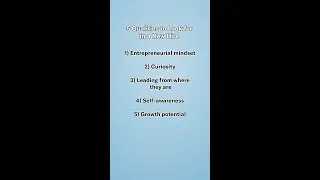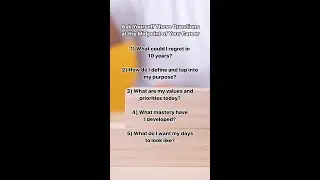The Art of Persuasion Hasn't Changed in 2000 Years
More than 2,000 years ago, Aristotle outlined a formula on how to become a master of persuasion in his work 'Rhetoric.' To successfully sell an idea, try using these five rhetorical devices that he identified in your next speech or presentation:
1) Egos or “character.” In order for your audience to trust you, start your talk by establishing your credibility.
2) Make a logical appeal to reason, or “logos.” Use data, evidence, and facts to support your pitch or idea.
3) “Pathos,” or emotion. People are moved to action by how a speaker makes them feel. Aristotle believed the best way to transfer emotion from one person to another is through storytelling. The more personal your content is the more your audience will feel connected to you and your idea.
4) Metaphor. When you use a metaphor or analogy to compare a new idea to something that is familiar to your audience, it clarifies your idea by turning the abstract into something concrete.
5) Brevity. There are limits to the amount of information humans can absorb at once. So, start with your strongest point and keep things short.
—
Read the full article: https://s.hbr.org/3WZ6D9o
#publicspeaking #presentationskills #communicationskills





![[ Live ] Roblox : Funky Friday เล่นเพลงรออัพเดทใหม่ [ โดเนท 5 บาทขึ้นจอ ]](https://images.videosashka.com/watch/ERsbbvtcRzw)

























